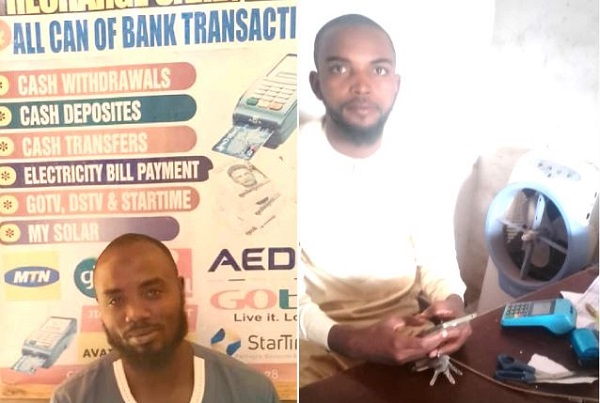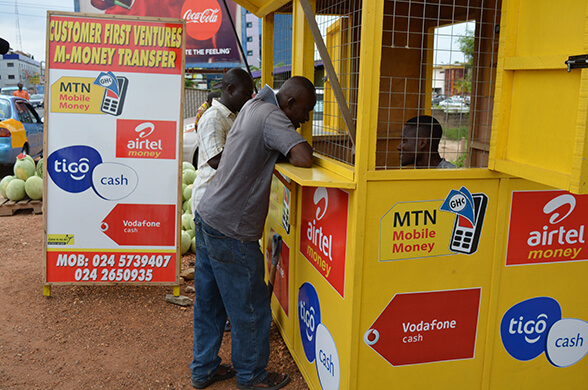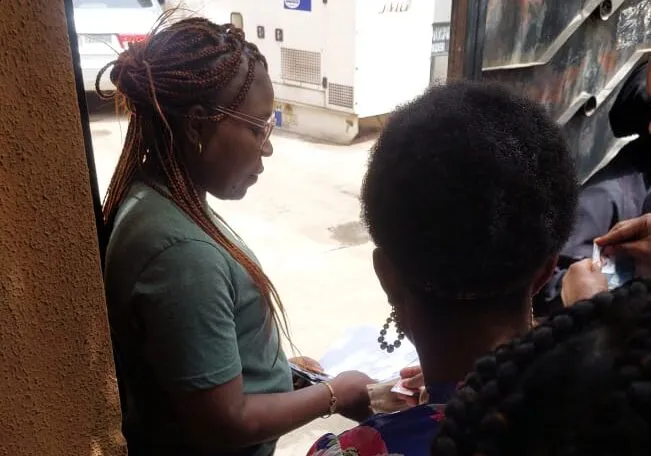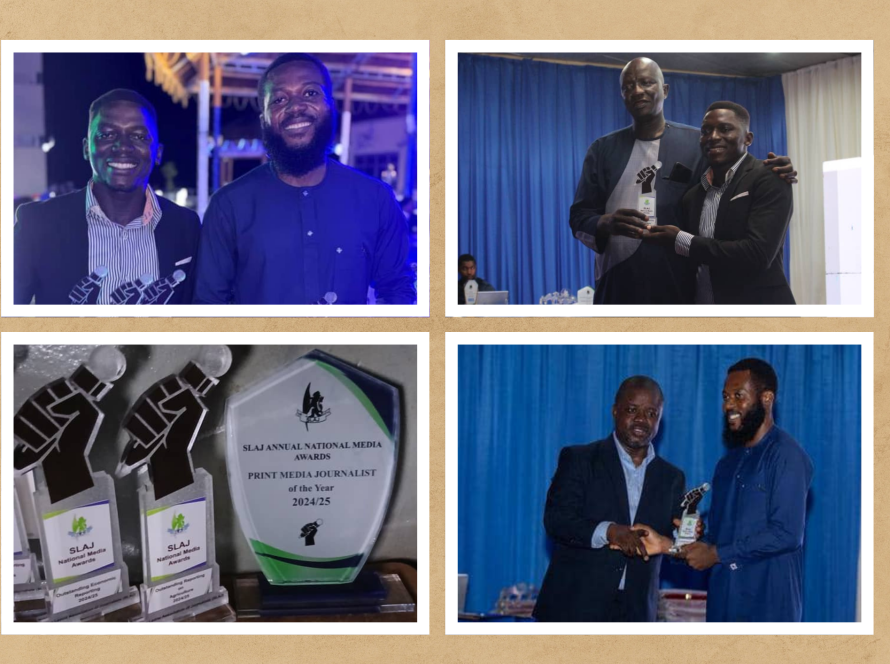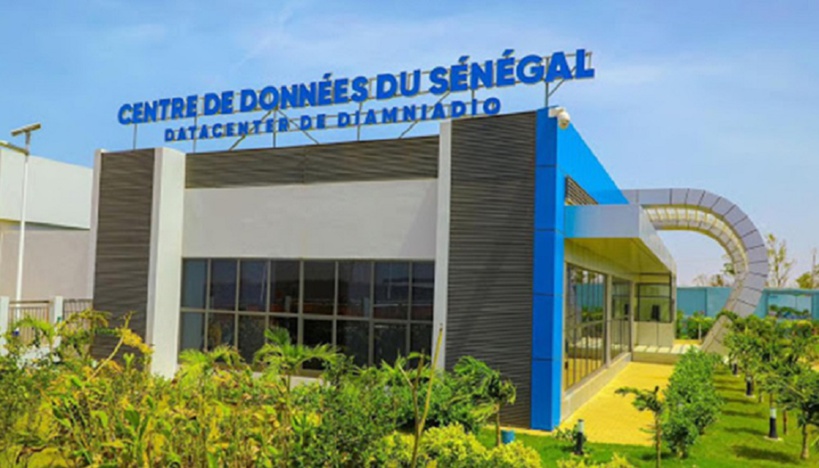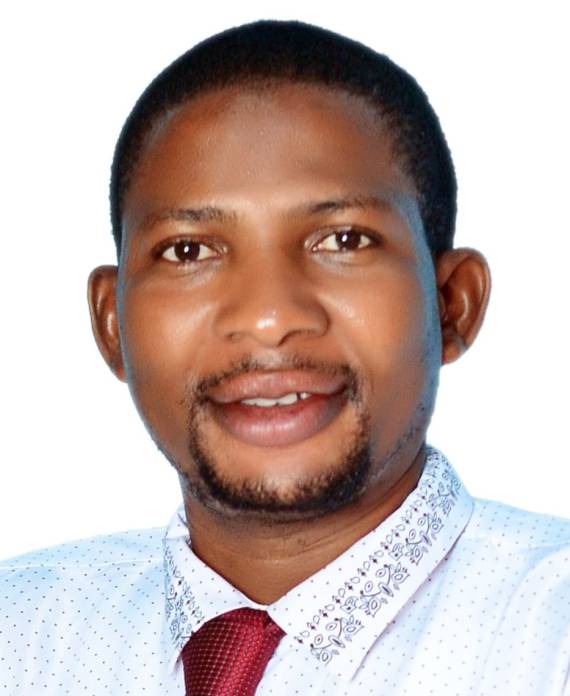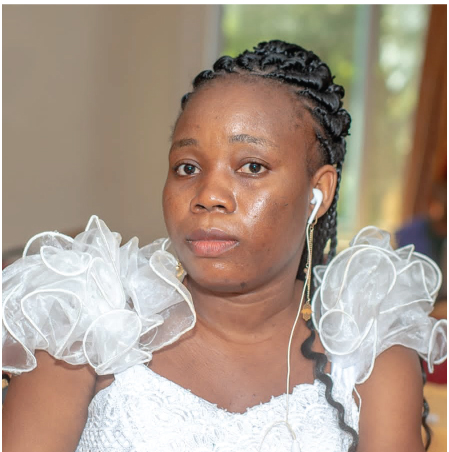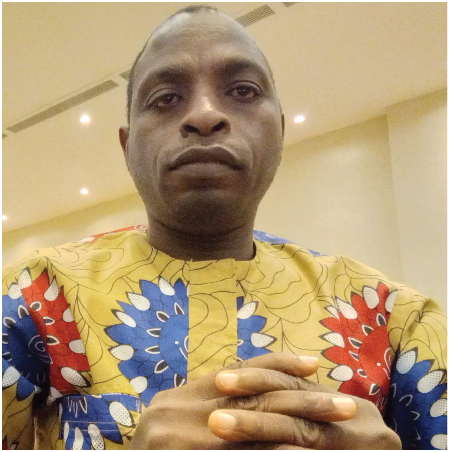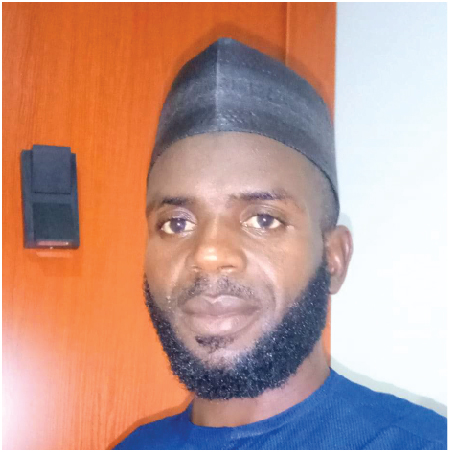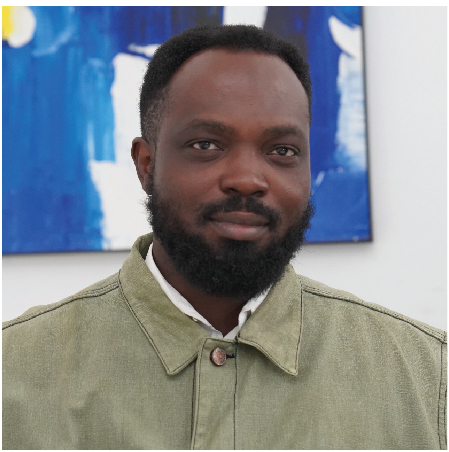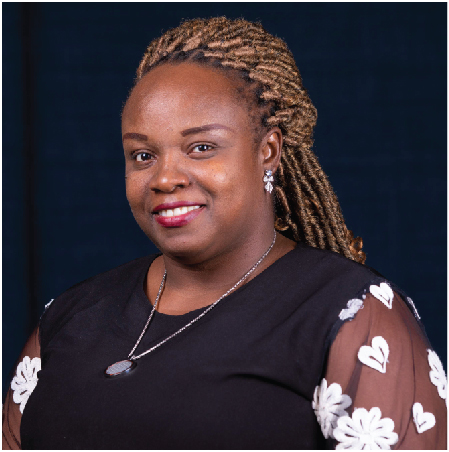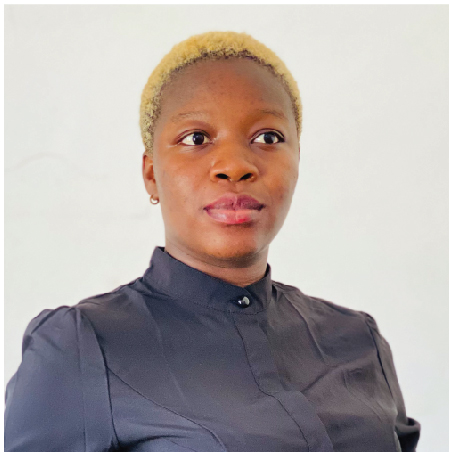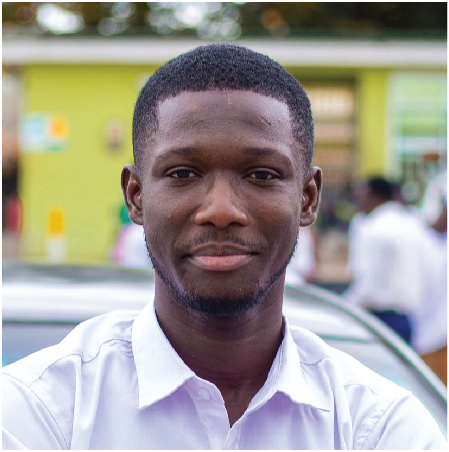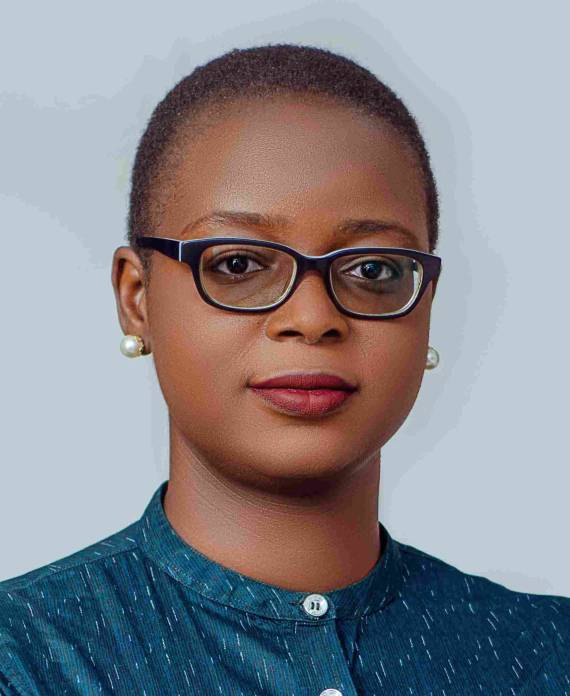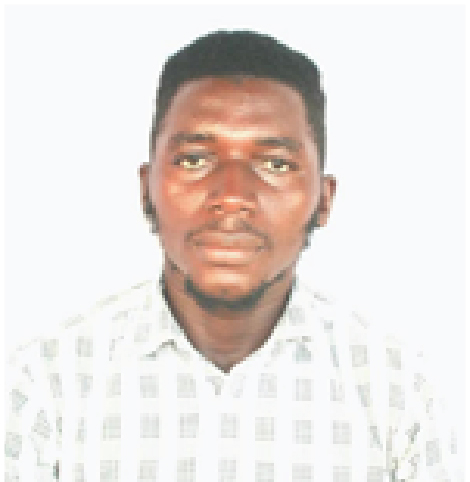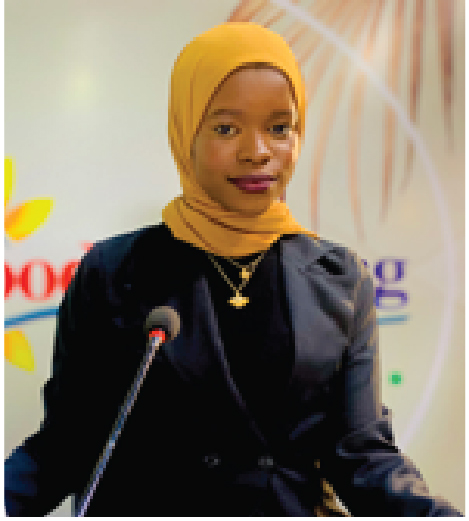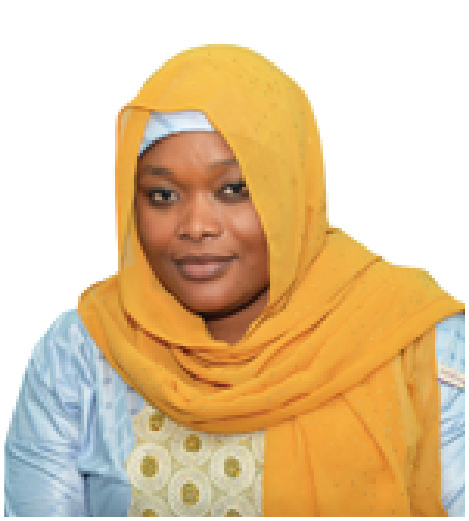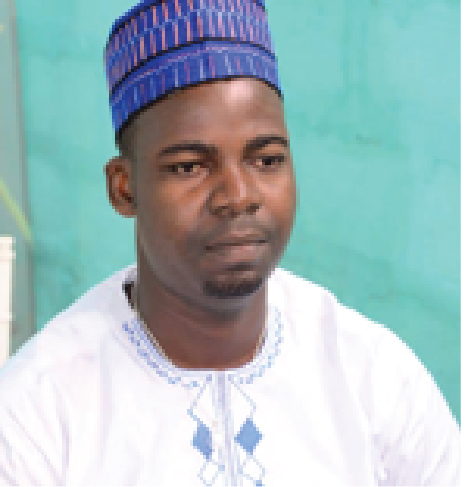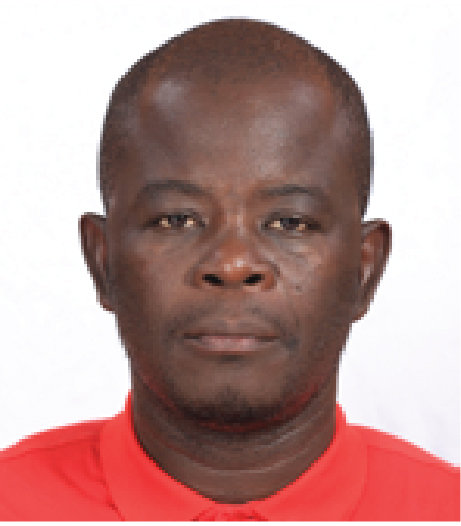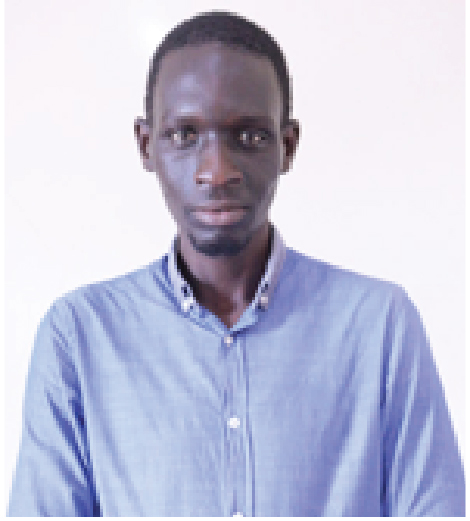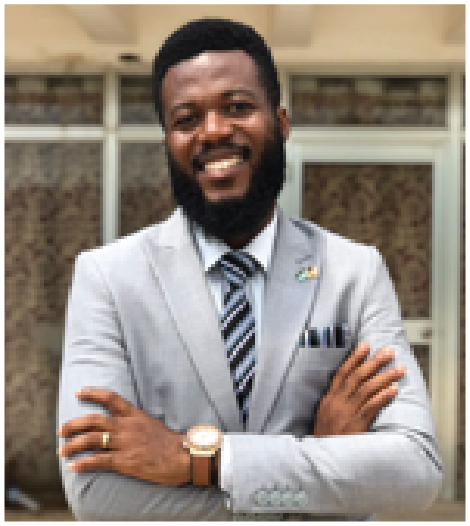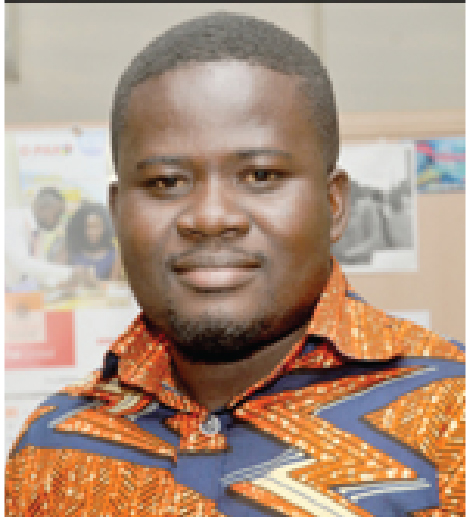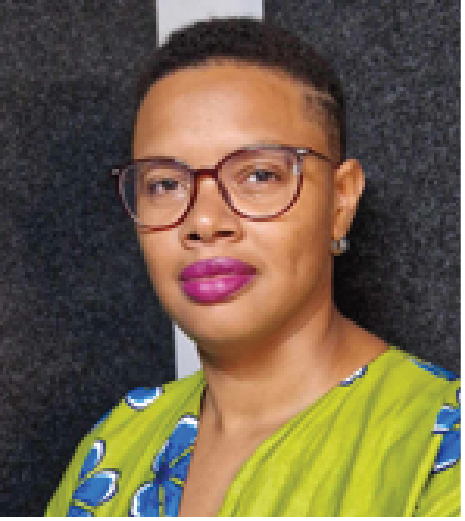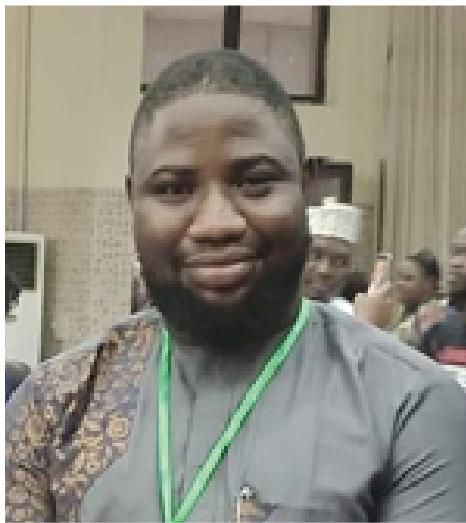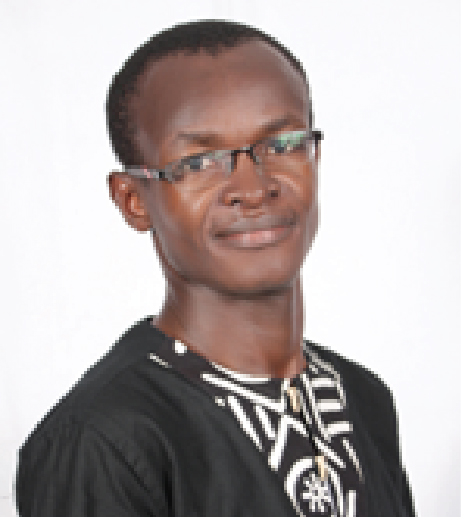



About the DPI Journalism Fellowship
The Digital Public Infrastructure (DPI) Journalism Fellowship is a project of the Media Foundation for West Africa (MFWA), with funding support from and in partnership with Co-Develop. The project seeks to empower media professionals with the knowledge and skills necessary to contribute effectively to the evolving digital landscape, ensuring that the benefits of Digital Public Infrastructure (DPI) are widely understood and leveraged across West Africa. Specifically, the project trains journalists competitively selected across the West Africa region on the concept of DPI a Fellowship. The Fellowship prepares the beneficiaries to better understand and produce stories that elevate public awareness, stimulate debates, foster inclusivity, demand accountability and encourage participation and uptake of DPI across West Africa.
In 2023, Co-Develop partnered the MFWA to commence a media capacity development programme on DPI dubbed, DPI Africa Journalism Fellowship. Under the first phase of the project, which spanned April 2023 to March 2024, 20 journalists from 10 West African countries were trained on the various concepts and principles of DPI and how to produce compelling stories about the issues. Subsequently, the Fellows produced over 115 impactful stories some of which led to the digitisation in the issuance of birth certificates in Nigeria; Initiation of a self-invoicing tool in Cape Verde; and the utilisation of a national storage data centre built for the safe keeping of public data in Senegal; among others.
Following the success of the first phase, Co-Develop and the MFWA are implementing the second phase of the project for two years, June 2024 to May 2026. This phase of the project focuses on building the capacity of a total of 60 journalists and partnering with 60 newsrooms in four target countries. The four target countries are Nigeria, Ghana, Togo and Benin. These target countries are among the countries leading the digitalisation agenda in the West Africa region with a roll out of significant DPI interventions. Robust media reporting and programming can contribute significantly to increasing public awareness, public uptake, and public participation in conversations and debates about DPI policies and implementation, in ways that can drive inclusivity and successes that may be replicated in other countries.
The DPI stories being produced by the journalists will highlight the benefits, challenges and impact of DPI. In particular, the stories will strengthen the public’s understanding of DPI issues and keep them informed about the opportunities and challenges associated with the sector; and enhance transparency and accountability in DPI/DPG processes.
What to Know About DPI Journalism Fellowship
Digital public infrastructure refers to the foundation digital systems, platforms and services that enable secure, efficient, and inclusive delivery of public and private services. Examples of DPI include digital identity (ID) systems, instant payment platforms, data exchange frameworks, open data platforms, and eGovernment platforms.(Definition credit: Co-Develop)
The DPI Journalism Fellowship is a capacity-building program for journalists focused on improving their understanding and reporting on digital public infrastructure (DPI) and digital public goods (DPGs). The fellowship provides training, mentorship, and financial support to help journalists produce impactful investigative stories on DPI-related topics.
The fellowship spans several months, including training sessions, mentorship, and the production of investigative reports. The exact duration varies per cohort and program cycle.
- Applicants must be professional journalists with experience in in-depth news reporting.
- Must be based in West Africa and affiliated with a recognized media organisation.
- Demonstrated interest in covering digital governance, technology, or public policy issues.
- Ability to commit to the fellowship’s training and reporting schedule.
Interested journalists can apply through our official website. The application process involves submitting a CV, a statement of interest, samples of previous work and a letter of consent from the applicant’s editor or media manager. Shortlisted candidates will be invited for interviews before final selection.




